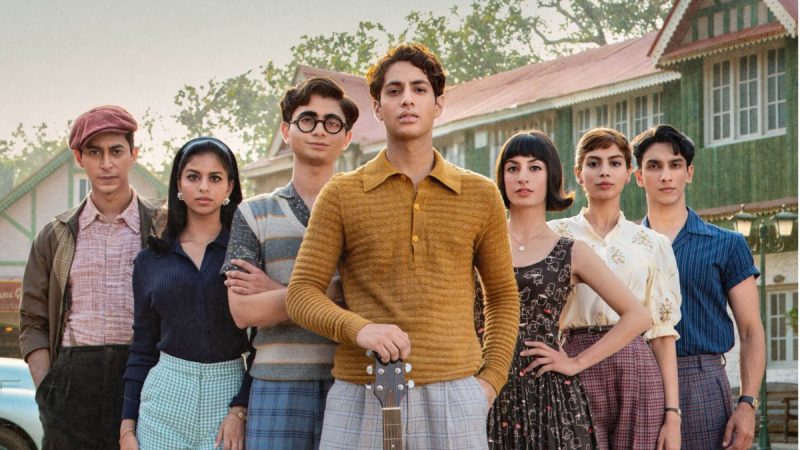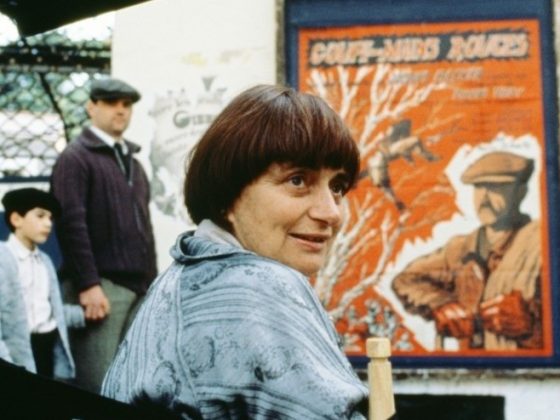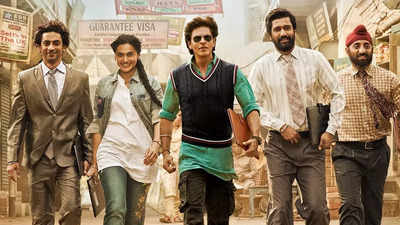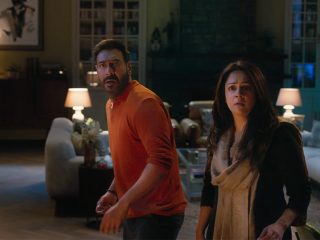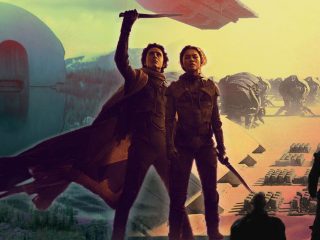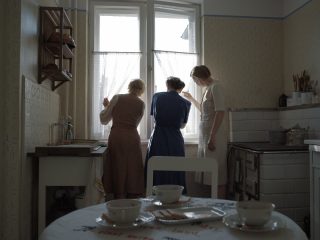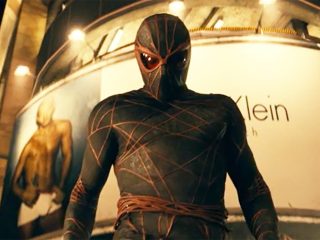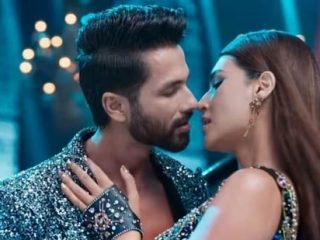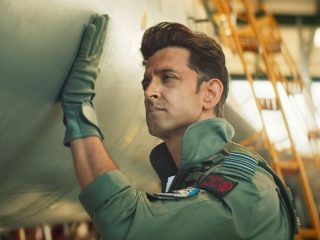One issue of Archie Comics featuring Jughead showed Jughead rushing throughout Riverdale to reach all of the eateries in the town and avail of the discounts, such that his insatiable hunger could be fulfilled. Archie gets pulled into the hysteria because of an inadvertent collision, and what follows is a surprisingly athletic Jughead managing to reach all these checkpoints in record time. This is an example of stakes in Archie Comics.
Archie Comics has always been about a specific point of Americana, be it the 1960s, the 1970s, or the 1980s. These three decades featured some of the more famous stories of these comics, but what always strikes out aren’t the stories but the interpersonal relationships between the characters. Archie Andrews, the ‘ol carrot-top guitarist and owner of a proud red jalopy, is eternally stuck between the girl next door, Betty Cooper, and the rich girl of the town, Veronica Lodge. His rival in this romantic triangle is Reggie Mantle, while his best friend is the titular Jughead Jones, with his love for all things related to food and his pet dog. The two women also share a friendship, which launched their spinoff comics, while there is a long and storied supporting cast like Dilton Doiley, Moose Mason, Ethel Muggs, etc. Most importantly, Archie Comics depicted a bygone era, a nostalgic trip of fun and games with stakes that don’t rise beyond the breakdown of Archie’s car or a mixup of his dates. If the stakes raised themselves to be higher, that would constitute a big enough event warranting multiple chapters.
The tropes of these Archie comics and their characters have been unavoidable even in Bollywood. Karan Johar started his career with Kuch Kuch Hota Hai, essentially an Indianized version of the central love triangle of Archie Comics: Rahul (Archie), Anjali (Betty), and Tina (Veronica). The story then goes off in its direction, which, while having its myriad of problems, became a staple for the generation. And like most of these long-running source materials, at some points, these IPs come full circle into becoming direct adaptations of themselves to mixed results (John Carter of Mars, which had inspired so many pastiches that they had become the text rather than the adaptation).
Zoya Akhtar and Reema Kagti’s “The Archies” is fascinating because of the love letter towards its adaptation and also despite it. To craft the utopian world of the comics, sheltered away from the reality of the actual India of the 1960s, the creators retrofit the story by focusing it on the Anglo-Indian Community, nestled in a small town around Shimla, titled Riverdale after its founder. But watching it does take some getting used to because your brain will take some time adjusting to the colloquial American-sounding names being addressed to specifically Indians. But it does start to be smoother, though not an entirely smooth one, because the secondary purpose of this adaptation hinders this movie.
The Archies is also a launch vehicle for a majority of young actors, and it would be a lazy criticism to completely dismiss “The Archies” as another example of a nepotism-bearing film, though that criticism couldn’t be entirely deemed unfair. It is because the casting of the primary characters, especially the central trio, drags this movie down to such an extent that watching the movie becomes the equivalent of drinking a milkshake but with salt in it instead of sugar.
Agastya Nanda, as Archie Andrews, is not the Archie Andrews of the comics. He is not the friendliest of the lot, nor is he a screwball. And while asking for the fidelity of the character concerning an adaptation is a fool’s errand, it is a reasonable question to ask for a semblance of personality from the primary protagonist of the film beyond being termed “milquetoast.” A similar problem exists with Betty Cooper, played by Khushi Kapoor, and Veronica Lodge, played by Suhana Khan. Both fair mildly better than Nanda, with Khan especially coming into her own as the bratty lodge whose eyes are opened to the reality of corporatization, but if serious acting is equivalent to gritting your teeth and reciting the lines, it becomes a legitimate issue.
Because I can look at the movie and the screenplay and all the actions of these characters and buy into these characters as extrapolated versions of their source materials, planted in a narrative with stakes that would go beyond 5 pages and a couple of comic book panels. As a result, minor changes and revisions in characters are appreciable. Reggie Mantle, as played by Vedang Raina is easily the most compelling character of the whole group, and Raina is the most charismatic. A similar instance with Mihir Ahuja’s version of Jughead. It is hard to buy Ahuja’s chemistry with Nanda as Archie and Jughead, but Jughead’s tics, like his being intimidated by Veronica, are nice, faithful nuances. A new change is shown in the character of Dilton Doiley, whose sexuality is touched upon, and the topic is resolved with a light, feathery touch, as perhaps the “Archies” would have dealt with. The distinctive “Thank You” of Doiley and that being made fun of but not jeered at is also a nice touch.
It’s the supporting, especially the adults, with actors like Vinay Pathak and Alyy Khan essaying those roles, which makes you realize that they have understood the assignment. If the movie had not been so focused on highlighting its enormously flawed lead actors or its over-emphasizing of maintaining low stakes to the extent that the movie feels like watching a flat line on an EKG monitor, perhaps The Archies would have been a fantastic adaptation. It does work as an old-school musical, with a soundtrack that has some well-constructed songs, and the songs do the heavy lifting of character arc progressions rather than the actual screenplay. It is still an eerily faithful adaptation, to the extent that it retrofits and sidesteps actual Indian history and even uses the typical voiceover and message-oriented storytelling that had plagued Akhtar and Kagti’s Made in Heaven.
Thankfully, or perhaps it is in its DNA, “The Archies” never wants to go too deep. It intends to tickle the nostalgia of a very specific crowd, but if that had to be done effectively, wouldn’t it be better to completely shift it from an Indian milieu altogether? It does manage to hammer home a couple of platitudes or talking points regarding India and the vagaries of home, which does count as its feature rather than a bug.
At the very least, it is better than Riverdale. It is not a high bar to cross, but The Archies did cross it, and fans of the source material thank it for existing.

